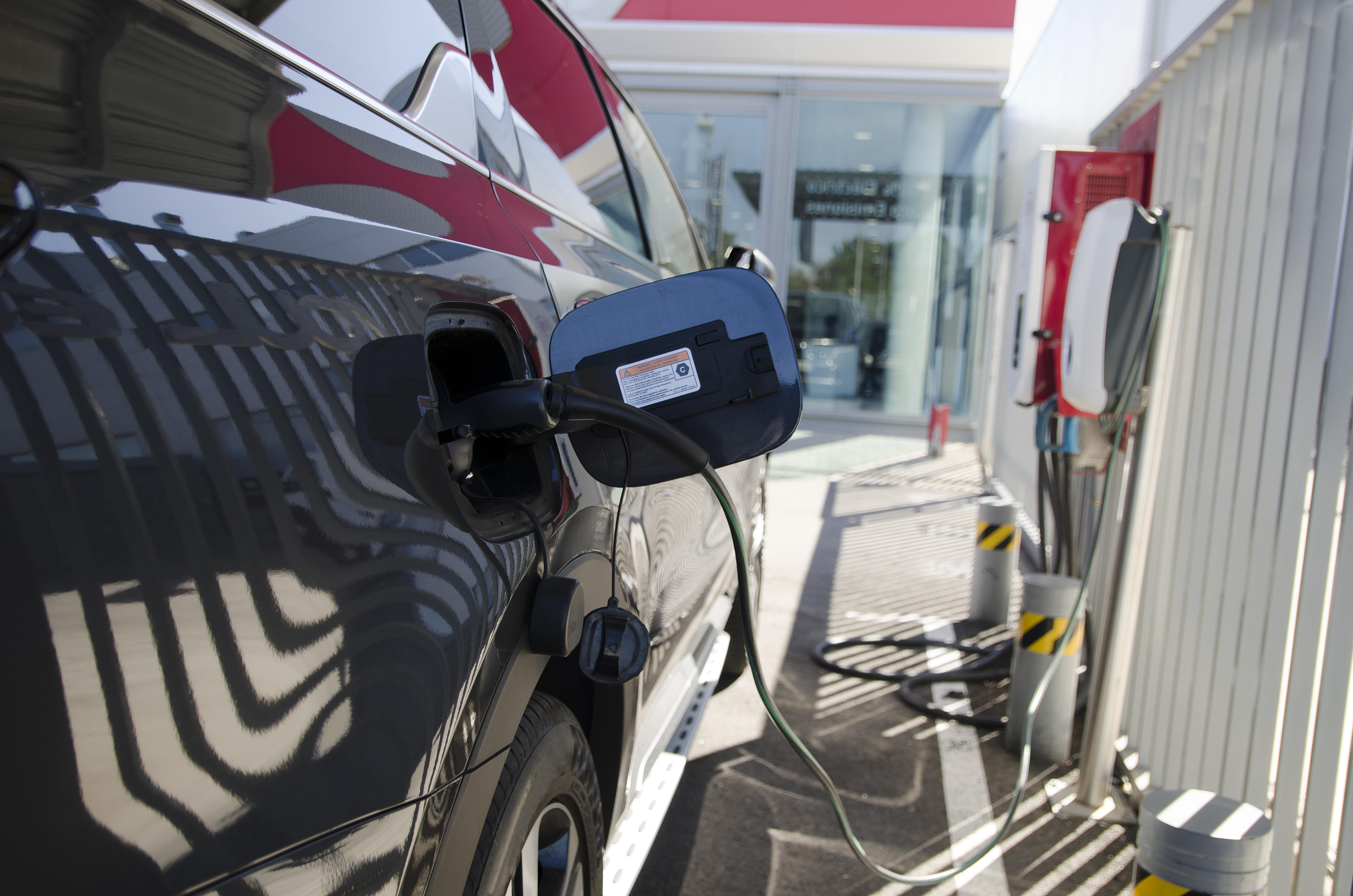EV Charging Partnerships Transforming UK Petrol Forecourts
The UK’s transition to electric vehicles is reshaping the traditional petrol forecourt model. Landlords and operators are discovering that EV charger revenue-share partnerships offer a future-proof income stream while meeting sustainability commitments.
In these arrangements, a Charge Point Operator (CPO) installs, funds, and manages EV charging stations on forecourt land, sharing a portion of the charging revenue with the property owner. Fraser Bond advises petrol station owners, developers, and investors on structuring these partnerships to maximise long-term return and protect asset value.
How the EV Charger Revenue-Share Model Works in Forecourts
Revenue-share structures vary by site and operator, but the core principle remains: the operator earns from charger usage, and the landlord receives a recurring share of that income.
| Key Term | Typical Range | Fraser Bond Recommendation |
|---|---|---|
| Revenue Split | 20 – 50 % of net revenue | Higher share for high-traffic or grid-ready sites |
| Base Rent | Fixed annual fee + bonus share | Provides guaranteed income and upside potential |
| Lease Term | 10 – 20 years | Include redevelopment and relocation (“lift & shift”) rights |
| Maintenance | Operator responsibility | Require 95 %+ uptime and performance reporting |
| Decommissioning | Operator reinstates site | Define timelines and indemnities clearly |
Benefits for UK Petrol Station Owners
-
No Upfront Investment – Operators typically fund installation and grid connection.
-
Aligned Incentives – Both parties profit from higher usage and repeat charging.
-
Increased Footfall – Longer dwell times boost in-store and café sales.
-
Future-Proofing – Supports net-zero targets and protects asset value.
-
Stronger Valuation – EV-enabled sites command ESG and institutional investor interest.
Key Risks & How to Mitigate Them
| Risk | Fraser Bond Guidance |
|---|---|
| Grid capacity limitations | Conduct feasibility and DNO assessments before agreement. |
| Operator insolvency | Require parent guarantees and step-in rights. |
| Technology obsolescence | Include upgrade and replacement clauses. |
| Planning or regulatory delays | Secure conditional approvals pre-lease. |
| Revenue volatility | Blend fixed rent with revenue share for stability. |
UK Market Trends and Examples
-
Operator partnerships expanding – BP Pulse, Osprey, Gridserve, and InstaVolt are actively signing multi-year agreements with fuel retailers and developers.
-
Revenue uplift potential – High-traffic forecourts can achieve £8 000 – £20 000 per charger per year, depending on utilisation.
-
Long-term contracts – Many forecourt leases now include 15-year terms with CPI-linked reviews.
-
Investor interest – Institutional funds view EV infrastructure as a resilient, income-producing real-estate component.
Fraser Bond – Structuring Profitable EV Partnerships
Fraser Bond supports clients across London and the UK with:
-
Financial Modelling – Forecasting utilisation, returns, and cost recovery.
-
Operator Selection – Evaluating technical capability and covenant strength.
-
Commercial Negotiation – Securing balanced rent and revenue-share clauses.
-
Legal & Compliance Oversight – Managing planning, safety, and grid obligations.
-
Exit Strategy Alignment – Ensuring flexibility for redevelopment or refinancing.
To explore EV charger revenue-share opportunities for petrol forecourts, contact FraserBond.com for bespoke advisory support.











